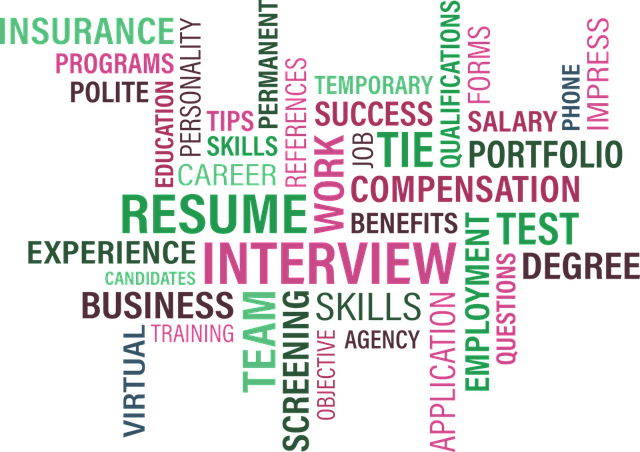Do Personality Assessments Work? Sometimes.
I’ve always been skeptical of personality assessments. After taking the DISC twice—once getting a D/C and more recently getting a high, nearly even I/D—I found that both results matched my personality on some levels and conflicted on others. This is where my skepticism come in. There’s truth in assessments to varying degrees.
Whether or not you’re looking into assessments for personal insight or to use as a tool for hiring, it’s important to find the right one for you. Recently, I wrote a piece for REALTOR® Magazine on EQ vs. IQ, which examines the concept of emotional intelligence and how it relates to working with clients. I interviewed experts in the field who offered actionable tips for getting in touch with your EQ and applying it to your job in real estate. The article is divided into three parts, and in the last section—which is targeted at broker-owners or hiring managers—I dive into how to recruit high-EQ candidates.
As part of my research, I took Keller Williams Realty’s Keller Personality Assessment (KPA), which I found to be the most accurate and enlightening assessment I’ve experienced to date. It encapsulated so many idiosyncrasies of my personality that it was astonishing. But I shouldn’t be surprised since their business model is all about building teams that work well together. What better way to get a window into a person’s true self than by asking them to take an assessment to learn how they’ll fit in with your group? The key word in that question is “window.”
Whether you’re using DISC, a brokerage tool like KW’s KPA, or another test, such as the Caliper Profile, look at it as one piece of the puzzle (e.g. don’t put all your eggs in one basket). You still need to make sure you’re recruiting the right person or making a good hire. Here are some takeaways after taking the KPA:
Know what you’re assessing. Hiring someone just because you like them or you “click” isn’t always a good idea. Really consider the skillset the job requires before administering the assessment. Know what you’re looking for and have a checklist. Make sure you’re judging candidates not only on their strengths but how those strengths might serve as either pros or cons in a specific position.
Understand that an assessment might not tell the whole story. Some candidates can overthink their responses when taking an assessment, which may affect accuracy. That’s why it’s imperative to ask follow-up questions pertaining to the results of any tests you administer. Ask the candidate how they feel about the results and how accurate they think they are. Ask for examples pertaining to candidates’ assessed strengths as they’ve played out in real-life or on-the-job.
Don’t put people in a box. I hate using that box cliché, but it’s true. Many assessments cement a person as one way or another, failing to consider how one trait might inform other characteristics. For instance, my high responsiveness, spontaneity, and logical problem-solving skills, coupled with my desire for independence, means I work best in environments that are busy, active, and give me a range of responsibilities to manage. But looking at each of those traits independently, you might not draw that conclusion.
In-person interviews are best. It’s much easier to read someone’s comfort level when you see their body language. You can also give them insight into your company culture. And according to Karina Loken, president of The Loken Group with Keller Williams Luxury International in Houston, if a candidate feels your office is a good fit for them, it’s always good for your organization.
Read More: Is EQ More Powerful Than IQ?






